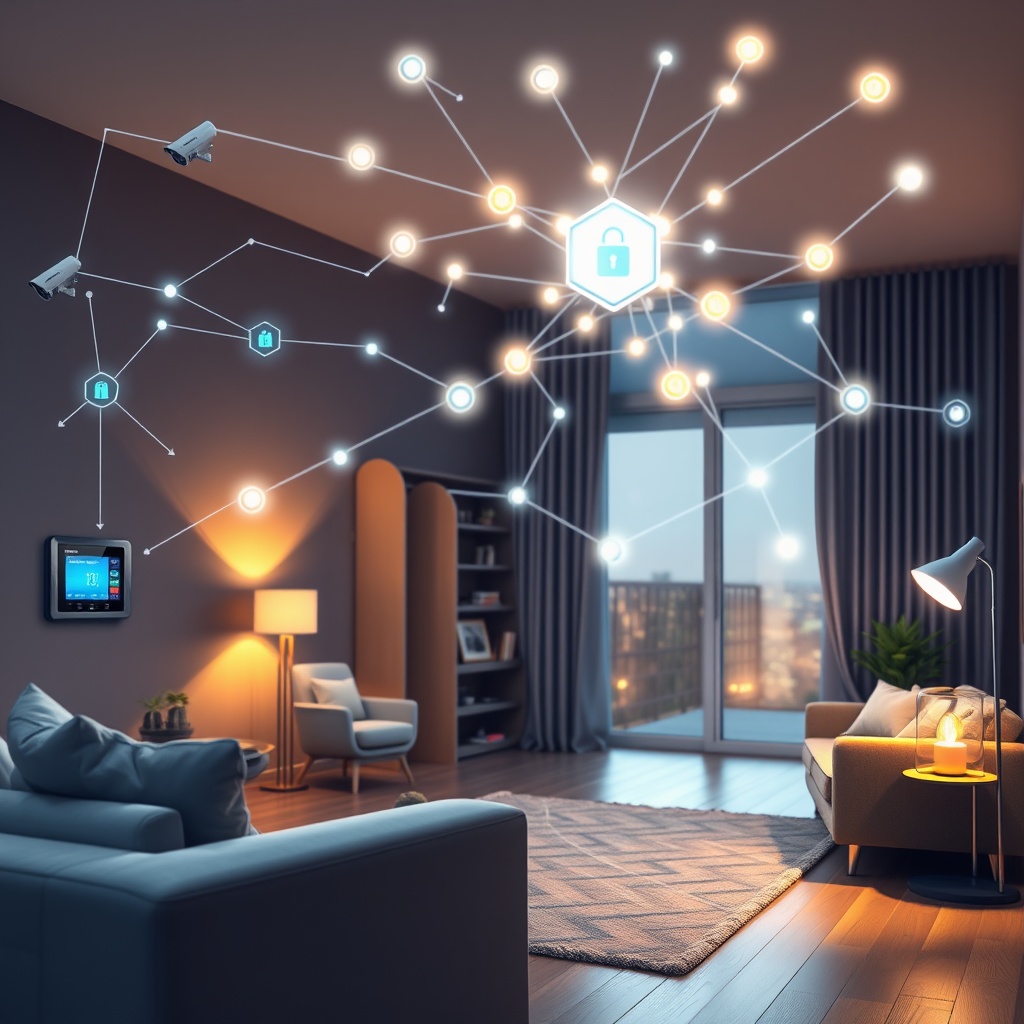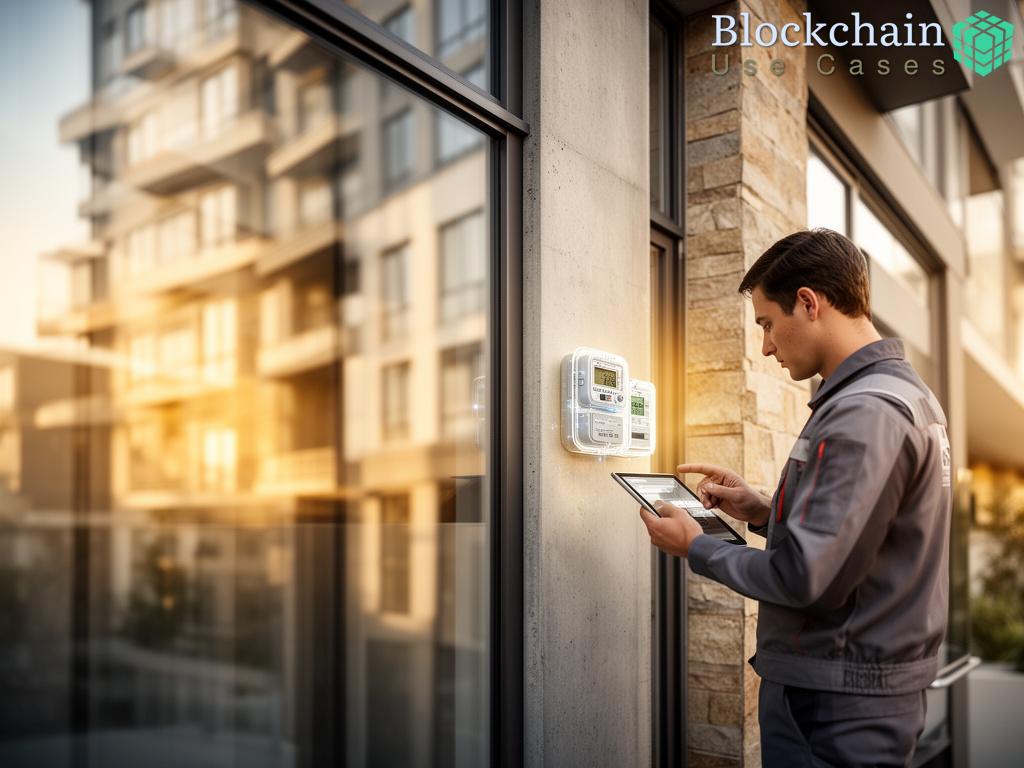Revolutionizing Security in the Smart Home Landscape
As the world becomes increasingly connected, our homes are evolving into sophisticated ecosystems powered by the Internet of Things (IoT). From smart thermostats that optimize our energy usage to security cameras that enhance our safety, these devices collect and process an immense amount of personal data. However, with this innovation comes the pressing need for robust security measures. Enter blockchain technology—a revolutionary approach that can redefine how we manage and secure our smart home data and IoT devices.
Unleashing the Power of Blockchain
Blockchain technology, often associated with cryptocurrencies, offers a decentralized and transparent framework that can significantly enhance the security of smart home systems. Unlike traditional data storage methods, which are vulnerable to hacking and breaches, blockchain uses a distributed ledger to record transactions across a network of computers. This means that data is not stored in a single location, making it nearly impossible for malicious actors to alter or steal information.
Moreover, blockchain’s inherent transparency allows users to monitor their data in real-time, providing unparalleled control and awareness over their smart home environments. The technology can authenticate devices, ensuring that only authorized users can access sensitive information. With blockchain, each IoT device can have a unique digital identity, making it easier to track and manage the network of devices within a smart home.
Key Benefits of Blockchain in Smart Homes
Implementing blockchain in smart home management brings an array of benefits that can enhance both security and user experience. Below is a list of the most significant advantages:
- Enhanced Security: By decentralizing data storage, blockchain minimizes the risk of data breaches.
- Data Integrity: Every transaction recorded on the blockchain is immutable, ensuring that data remains accurate and reliable.
- User Empowerment: Homeowners gain greater control over their devices and data, fostering a sense of ownership.
- Interoperability: Standardized protocols can facilitate seamless communication between different IoT devices.
- Automated Smart Contracts: Smart contracts can automate processes, such as triggering alerts or actions based on specific conditions.
As we move towards a future where homes are smarter and more interconnected, the integration of blockchain technology can serve as a beacon of hope for security and efficiency. By harnessing its capabilities, consumers can experience a smart home that not only meets their needs but also protects their privacy and data integrity.





